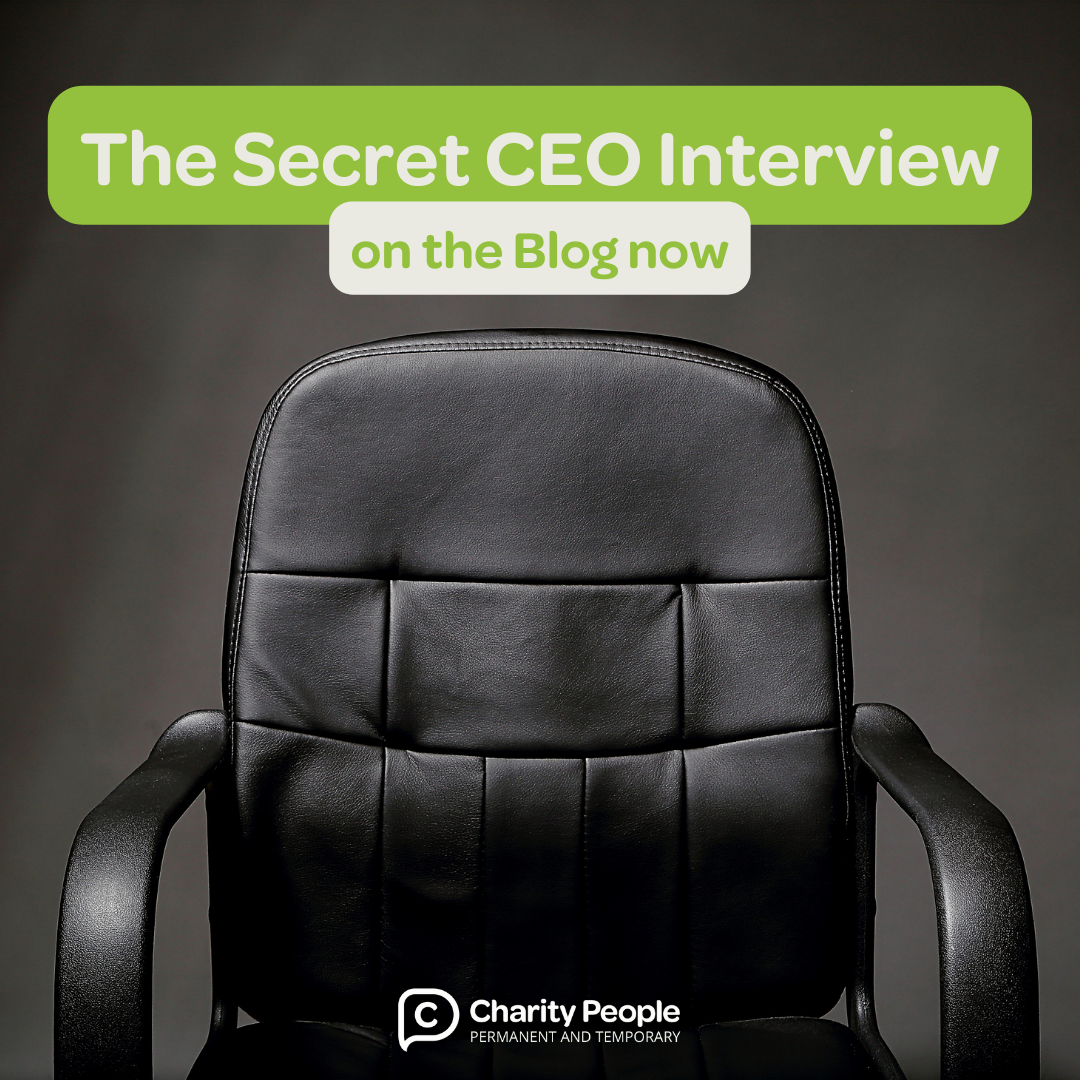Six tips to ready yourself for your first CEO role

Congratulations! You’ve just landed your first CEO role. Now what?
As a new CEO, the best thing you can do for your organisation—and yourself—is to step into your new role well-informed and with eyes wide open. Determining the lay of the land at your new organisation—what’s working and what’s not—is crucial if your leadership is going to be successful.
Here are tips regarding six areas where you may find gold—or you may stumble onto landmines—as you get to know your new organisation.
Advertisement
Make a point of getting a good grip on what’s happening in these areas, and you’ll more than likely have a long and happy tenure as CEO. Ignore any of them, and you and your new organisation risk running into trouble.
1) Have a thorough understanding of your organisation’s finances.
While your overwhelming passion may be for your organisation’s programmes, as CEO you need first and foremost to make sure the organisation’s finances are solid and sustainable.
Take the time early on (preferably before you accept appointment as CEO) to thoroughly review the organisation’s financial footing. Are there any past, current, or anticipated financial challenges? What are current and projected revenue and expenses? Are there reserves and/or a sufficient line of credit to fall back on if hard times hit?
CEOs don’t remain CEOs for long if finances are shaky—so make sure you know the full financial picture from the start.
2) Know how the board and CEO work together.
Is it a productive relationship with a clear distinction between what the Board does (governance) and what you and the organisation’s staff do (management)?
Or is there a muddy understanding of the Board/staff divide, with Board members stepping into operational matters? Is discussion among Board members and between the Board and staff polite and respectful? Or are segments of people at odds with one another?
Just as you never get a second chance to make a first impression, you also don’t get a second chance as a new CEO to set the tone for the sort of Board/CEO interactions you want to have.
With a clear understanding of where Board/CEO relations currently stand in terms of expectations and responsibilities, you can start to chart a new course (if needed) for a strong working relationship with your Board while also keeping the governance/management divide required for a high-functioning organisational structure.
3) Know why and how the previous CEO left.
Did the prior CEO leave because of a new job opportunity? Retirement? Or was the prior CEO let go? And was the prior CEO’s departure amicable or contentious
While you don’t need to know all the nitty gritty details, understanding why the prior CEO left and how that has made everyone feel will be important as you build trust with your new Board and staff.
If you know the prior CEO was highly regarded, the path to establishing your leadership will likely be easier—even if you experience challenges because you have big shoes to fill.
If the prior CEO was not highly regarded and/or burned bridges prior to departure, you may be faced with overcoming lingering mistrust and/or mending emotional fences to get things on the right track.
4) Are current staff right for the tasks ahead?
If you are fortunate, you will be blessed with a solid staff who will make your transition to the CEO position a breeze.
But that’s not always the case—and in fact, if your new organisation is a bit dysfunctional in some of its programme areas, there may be the expectation that you clean house.
Make a point of getting to know your key staff as well as their strengths and challenges right off the bat. If you have the right people in the right positions—you’re good to go.
But if you don’t, make changes sooner rather than later if some quick, concentrated coaching can’t cure underperformance. On the flip side, remember you want to retain your high-performing staff. So also take a close look at current retention efforts in place.
Are they sufficient to incentivise staff to stay so your organisation avoids costly turnover?
5) Prioritize programmes and systems that need immediate attention.
As a new CEO, you can’t fix everything all at once. Take a hard look at your programmes and systems to determine what you’ll work on first, with a focus on finances (ones are either costing your organisation because they underperform or because they have high earning potential but haven’t been optimised) and reputation (ones causing clients, donors, and/or the community to lose faith because the programmes are operating poorly or that are good and only require a little more work or resources to become truly great).
Cementing a few early wins in your new CEO role is crucial for building Board and staff confidence in your leadership.
6) Know your organisation’s external strengths and challenges.
A lot of your early time as CEO will be inward-facing as you familiarise yourself with the organisation’s finances, people, programmes, and systems.
But never to forget the CEO role is primarily externally focused. Early in your tenure, quickly scan the opportunities and threats facing your organisation. What are positives—strong relationships with funders, partner organisations, trends affecting your programmes, etc.—that you can capitalize upon? What negatives—competitive threats, environmental factors in the philanthropic sector, etc.—do you need to guard against?
Figure out who your allies are and cultivate them and assuage detractors as necessary.
While a lot of what’s out there will never be under your control, there are things you can do that are within your control that make a real difference. At the very least, it will make it clear to your Board and staff that you are getting out there and taking action.
You have a limited amount of time as a new CEO, so make the most of it. Use these six tips to focus on the most important things that make-or-break new CEOs. If you do, your first days as CEO will be productive and impactful—and most importantly will set a tone for the sort of success you want to achieve for you and your organisation during the rest of your tenure.
Eva E. Aldrich, Ph.D., CAE, (CFRE, 2001-2016)
President and CEO, CFRE International





